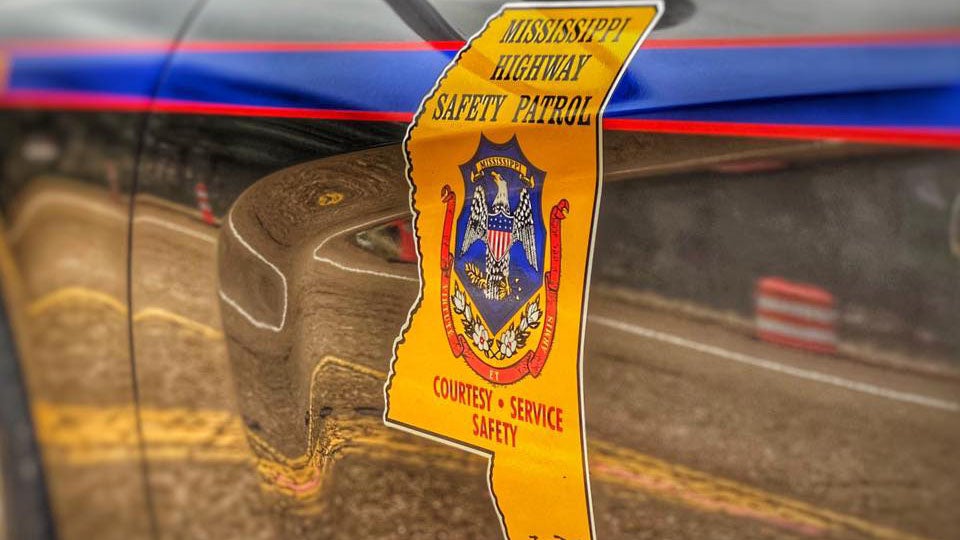Piloting Through Peril
Published 8:00 pm Sunday, May 27, 2012
World War II veteran Charles Hull has lived an interesting life. A pilot during the war, Hull flew combat missions in dangerous enemy territory and then flew around the world after the battles were over.
Born in 1921, Hull was one of seven children growing up in Winona in north Mississippi. He spoke about his experiences to a crowd at the Forest Grove Methodist Protestant Church Wednesday in Jayess.
During World War II, Hull, now 90, was the pilot of a B-17E heavy bomber in Squadron 508 of the 351st Bomber Group. He was involved in 25 missions during the war in Europe, including several key raids.
After the attack on Pearl Harbor in December of 1941, Hull said he was excited to join the military and become a pilot. He had always wanted to fly, but was unable to pay for flight school on his own.
Hull’s first bombing raid was a mission to France.
“The ground looked like a quilt from 29,000 feet,” Hull said. “Most French farms were only about eight acres and the way they came together gave it the appearance of a quilt.”
That raid left Hull’s B-17 with 837 holes from enemy fighter attacks and it took five weeks for the plane to be repaired.
On his third raid to Kiel, Germany, to attack submarine pens there, Hull’s B-17 was hit by fire from a Messerschmitt Bf 109 fighter plane that struck one of the bomber’s propellers and damaged it. The plane and crew were able to make it back to their base in England and have the propeller repaired.
“It was the first time we had gone that deep into Germany,” Hull said.
Allied bombers had to make deep penetrations without fighter escorts early in the war, as no fighter plane had the range to fly as far as the bombers. It wasn’t until late 1943 or early 1944 when the P-51 Mustang came onto the scene and were able to escort bombers throughout their raids.
Bombers in the Kiel raid experienced the heaviest fighter attacks against Allied planes to date as 26 B-17s were shot down.
On Aug. 17, 1943, Hull’s plane was involved on the first shuttle-bombing raid of the war at Schweinfurt, Germany, to attack German industry, including a ball bearing plant that accounted for about half of all ball bearings made in the country. Shuttle bombing was when planes took off from one airfield, went to their target and landed at a different location.
Close to 300 B-17s on the raid were met by more than 300 German fighters, which Hull said was quite a sight on the horizon.
“They looked like a swarm of bees coming at us,” he said. “Our gunners said we had as many attacks on that day as we had on our first 24 raids combined.”
Gunners on Hull’s B-17 shot down three enemy fighters on the mission, but were only credited with one, he said.
Hull said his plane had gotten out of formation briefly during the enemy attack.
He was moving to get it back when he saw an enemy plane about to attack them, so he took evasive actions. The enemy plane fired 20mm rounds, which exploded after a certain distance.
“Had we not made that steep turn, those 20mm rounds would have hit the cockpit,” Hull said.
The plane got away without being hit.
The raid resulted in heavy damage to the target, but came at a significant loss to the Allied force. Records show 60 B-17s were shot down and around 75 more heavily damaged on the raid, according to several books published on the topic.
After Hull’s 25th mission, his crew was finished with combat missions for the war. It was Army policy.
Hull had attained the rank of captain by the time he began conducting training missions on B-29s, which were larger planes later in the war. He was awarded the Distinguished Flying Cross during his military aviation career.
Hull’s pay when he left the military at the end of the war was $444 a month, plus a $19 per month meal allowance. He said his pay was cut in half after the war when he became a co-pilot for Eastern Airlines.
“Airlines just didn’t place any value on co-pilots at that time,” he said.
Hull didn’t stay with Eastern for long.
He held a variety of jobs after the war, including as a butane gas dealer, air traffic controller in San Antonio, and crop duster, and he operated the first disease-free pig farm in Mississippi in 1968. He said his grain elevator business in Winona was the must successful of his post-war endeavors.
Hull flew around the world solo 33 years ago and has flown around the world several other times throughout his life.
In 1945, Hull married his wife, Sue Hull, whom he said helped him run his businesses. Since then his wife has passed away and Hull currently resides in Madison.
During his presentation to those at the church, Hull said others have told him he has lived a charmed life because of what he has been through. However, Hull sees it differently.
“I was just at the right places at the right times,” he said with a smile.




